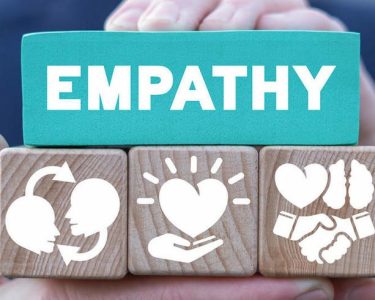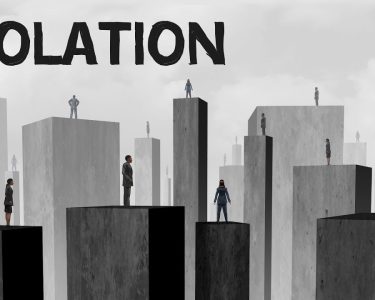In today’s digital age, social media has become an integral part of our daily lives. We use it to connect with friends and family, share our thoughts and experiences, and stay up-to-date with the latest news and trends. However, as social media usage continues to increase, concerns have been raised about its impact on mental health and well-being. In this article, we will explore the connection between social media and mental health, and provide tips for maintaining a healthy relationship with technology.
The Impact of Social Media on Mental Health
Research has shown that social media use can have both positive and negative effects on mental health. On the positive side, social media can provide a sense of connection and support, especially for those who may feel isolated or marginalized in their offline lives. It can also be a source of inspiration and motivation, as users share their successes and achievements.
However, social media can also have negative effects on mental health. One study found that social media use was associated with increased levels of anxiety, depression, and loneliness. This may be due to the constant comparison and competition that can occur on social media, as users compare their lives to others and feel pressure to present a perfect image online.
Another potential negative impact of social media is the spread of misinformation and fake news. This can lead to increased stress and anxiety, as users struggle to discern what is true and what is not.
Tips for Maintaining a Healthy Relationship with Social Media
Despite the potential negative effects of social media on mental health, it is possible to maintain a healthy relationship with technology. Here are some tips for doing so:
1. Set Boundaries: Set limits on your social media use, such as only checking it at certain times of the day or for a limited amount of time. This can help prevent social media from taking over your life and causing stress and anxiety.
2. Be Mindful: Be mindful of how social media makes you feel. If you notice that certain accounts or posts are causing negative emotions, consider unfollowing or muting them.
3. Seek Support: If you are struggling with mental health issues, seek support from a mental health professional or support group. Social media can be a helpful tool for connecting with others who may be going through similar experiences.
4. Verify Information: Before sharing or reacting to information on social media, take the time to verify its accuracy. This can help prevent the spread of misinformation and reduce stress and anxiety.
Conclusion
Social media has become an integral part of our daily lives, but it is important to be mindful of its potential impact on mental health and well-being. By setting boundaries, being mindful, seeking support, and verifying information, we can maintain a healthy relationship with technology and use social media in a way that enhances our lives rather than detracts from them.




